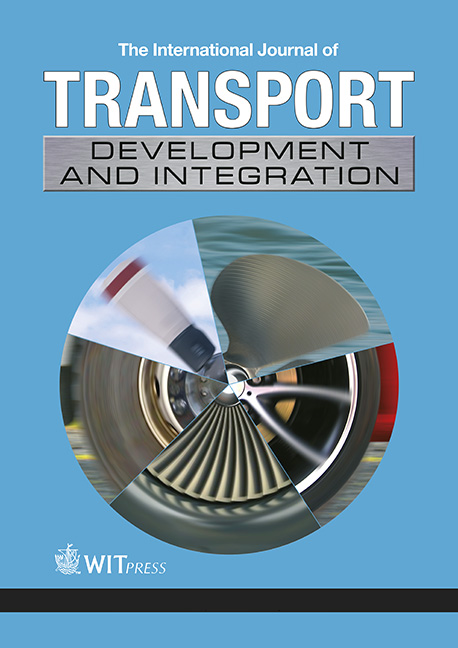Analysis of the scope and implementation of the strategies promoted by local urban agenda in relation to European and national trends. The case of the Basque country
Price
Free (open access)
Volume
Volume 6 (2022), Issue 1
Pages
7
Page Range
58 - 65
Paper DOI
10.2495/TDI-V6-N1-58-65
Copyright
WIT Press
Author(s)
Alba Arias, Olatz Grijalba, Xabat Oregi, Irati Otamendi-Irizar & Rufino Hernandez
Abstract
As mentioned by the United Nations in 2016, the population of cities is increasing every year. A recent evaluation suggests that two-thirds of the world’s primary energy consumption can be attributed to ur- ban areas. In addition, environmental awareness is increasing at the urban level due to current issues as global warming or the depletion of natural resources. In this regard, different agendas, strategies, plans and regulations have been published to promote climate actions and sustainable development, such as the Agenda 2030 and the New Urban Agenda. In the Basque Country, the Agenda Euskadi Bultzatu 2030 and the RIS3 strategies are published by the Basque Government to develop its sustainable urban transition strategy for the upcoming years. In previous studies, a surveillance process has been carried out in order to detect the trends and to define the topics to develop in the future. As a complement to this research, the present study aims to analyse the scope and implementation level of the strategies defined in the Basque Urban Agenda and to define if they are a trend at a national and European level, in order to determine the lines of action that have the greatest potential to achieve financing. Initiatives, projects, calls for subsidies, UN reports, European awards, networks... at an international and national level have been analysed. As a result of the study, it has been detected that there are aspects that are actively promoted at a theoretical level with low posterior implementation, such as mobility, sustainable urban planning, nature-based solutions and diversity and inclusion. Others are developed on a theoretical as well as a practical level such as digitalisation, R&D, energy and resource efficiency and fighting climate change. In contrast, the strategic priorities 1. Housing and basic facilities and health and 7. Health and wellbeing are globally less promoted.
Keywords
Basque Country, city trends, niches of opportunity, sustainable cities, surveillance past- present-future context, Urban Agenda Bultzatu 2050




